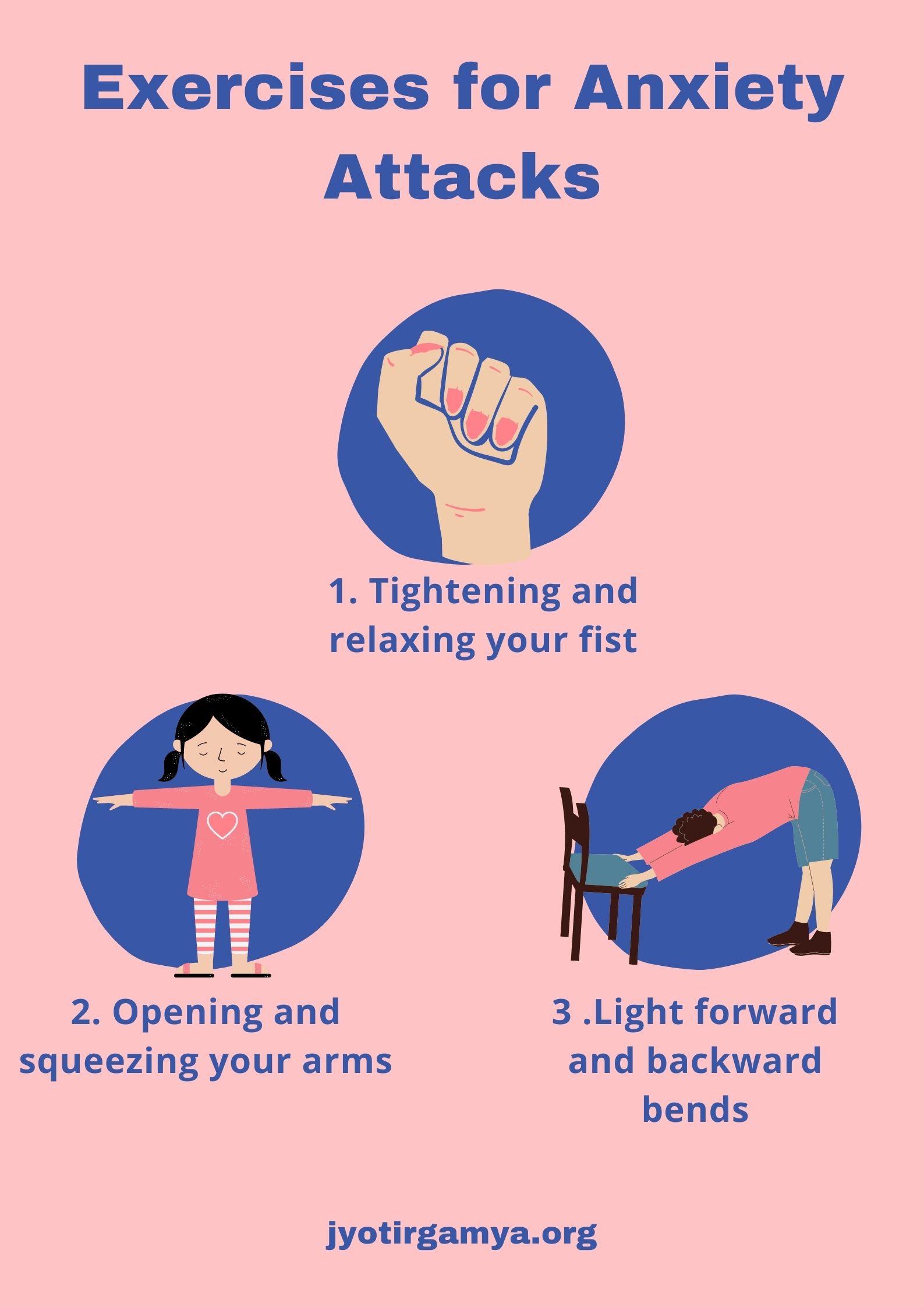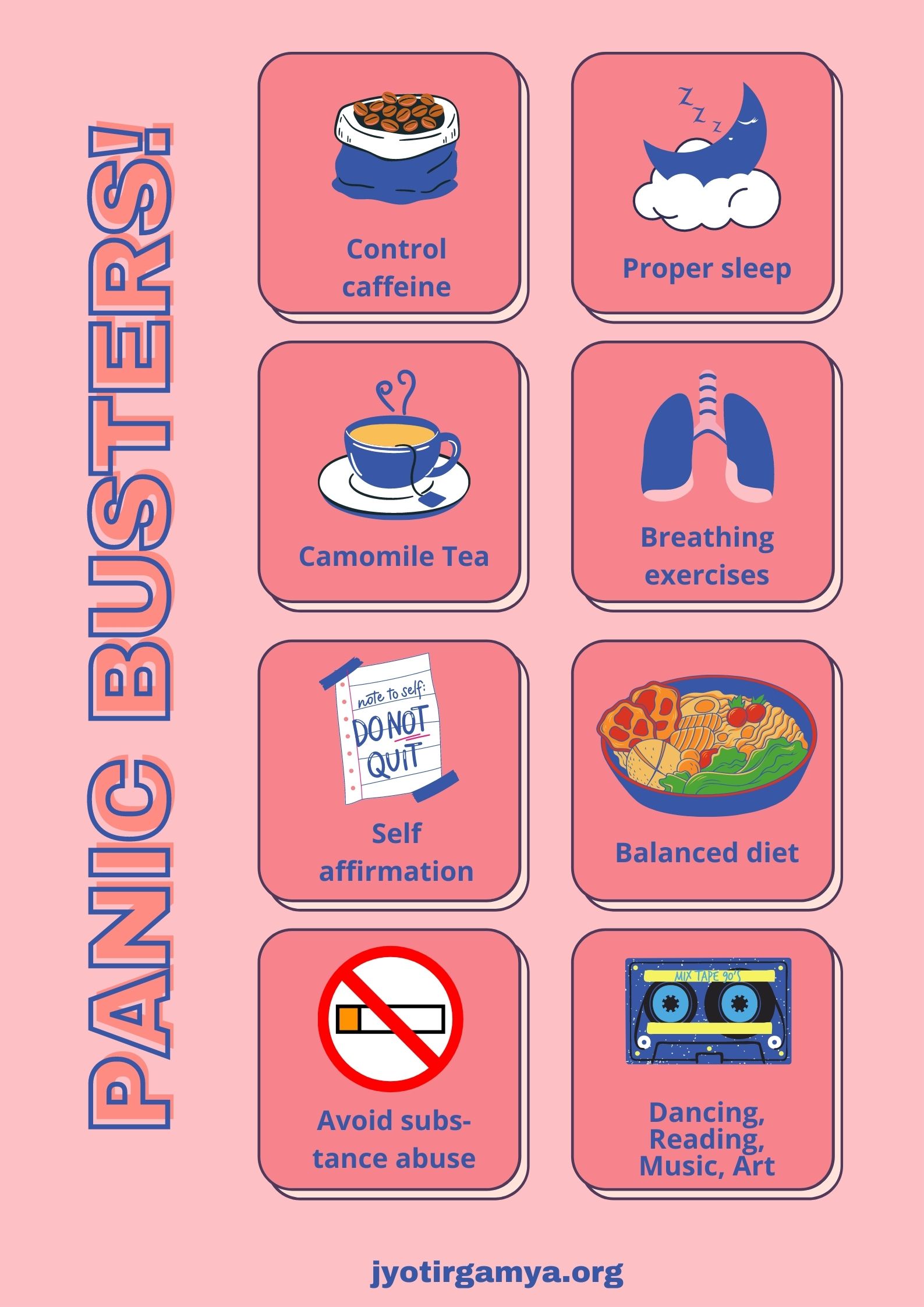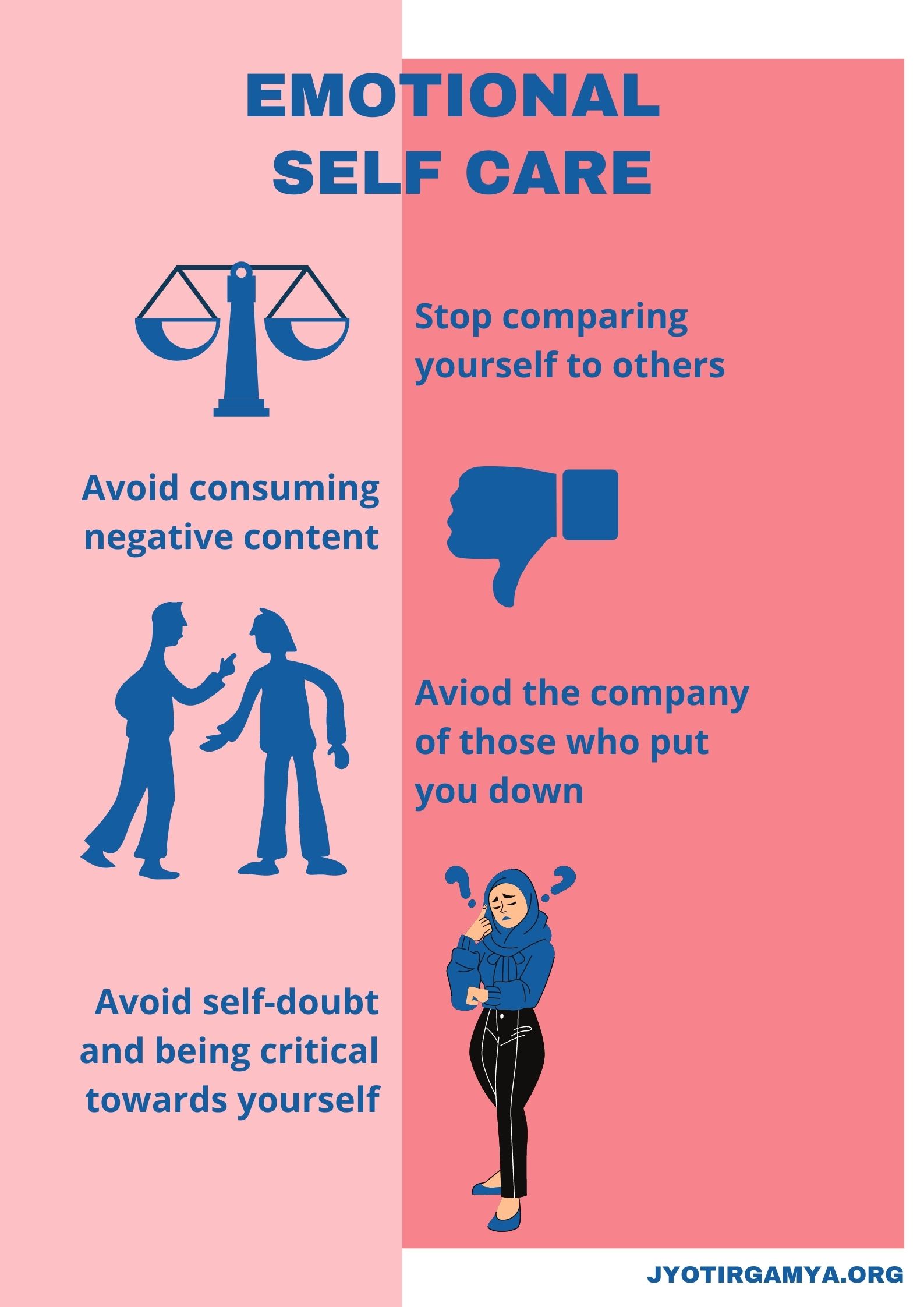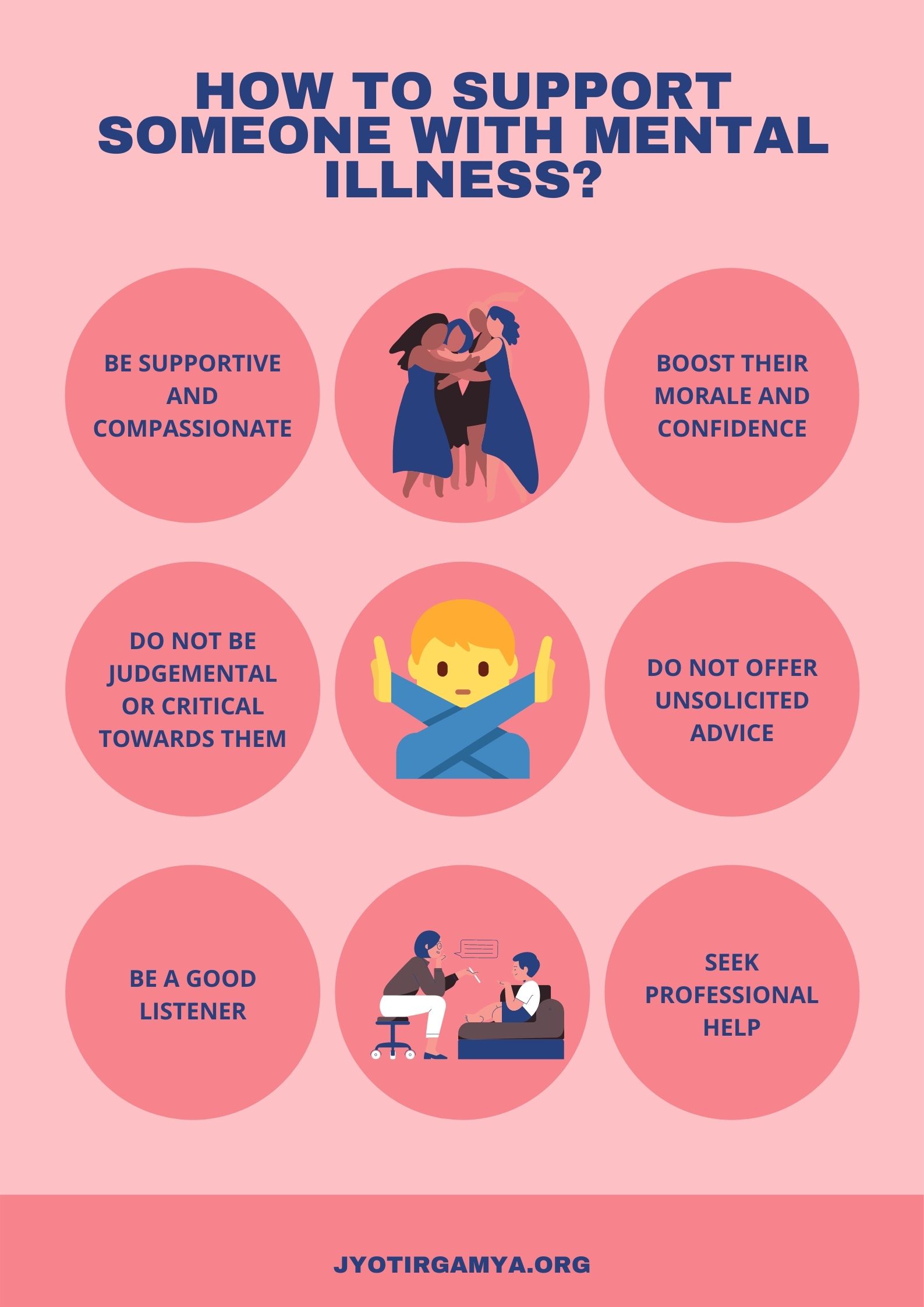Expect Less, Accept More
It was in mid-2015 when Manish stepped into his 40s, doing reasonably well by all standards. Privileged upbringing, quality education, fat paycheck, sweet home, and a loving family in Chattarpur, Delhi. All was rosy until a series of events took almost everything from him, one by one. He got sad, depressed, lonely, and schizophrenic to the extent that only with the help of his pet dog could he identify his milkman. He would constantly experience auditory and visual hallucinations. He often missed his son, who stayed with his wife after their separation. There was nobody to listen to or understand his side of things.
He started visiting a counselor, and he gained trust. He opened up to her and shared his state of affairs. He followed the simple steps prescribed and kept faith in the process.
In this episode, we interview Dr. Monika Sharma, a practicing counselor from Vasant Kunj, New Delhi. She firmly believes that you must have faith in the process for any practice to work for you. Stubbornness and lack of flexibility, however, are detrimental to the process. She talks about another patient who came to her and claimed to know all the practices, suggesting none worked for him. Most of these brittle characters find it hard to see any improvements and blame their family, surroundings, and circumstances for everything negative in their life instead of course-correcting.
She grew up with a primary intent of helping people and was natural at offering insightful advice. Her parents encouraged her, and her husband backed her decision as she grew. Her career was not planned but shaped organically into what it is today over some time. She feels her aptitude for listening, compassionate nature, and intent to contribute to the growth and happiness of the individual are the top driving factors.
It was in mid 2015, when Manish stepped into his 40s, doing fairly well by all standards. Privileged upbringing, quality education, fat pay-check, sweet home and a loving family in Chattarpur, Delhi. All was rosy until a series of events took almost everything from him, one by one. He got sad, depressed, lonely, and schizophrenic, to the extent that only with the help of his pet dog could he identify his milk man. He would constantly experience auditory and visual hallucinations. He would oftentimes miss his son, who stayed with his wife, after their separation. There was nobody to listen to him, nobody to understand his side of things.
Q: How have you seen any shifts that have come over the years in terms of problem patterns and underlyings?
A : Towards the start of my practise in early 2000s I would see cases arising due to friendship, body-image, job, and career issues. Over the last 5-7 years the number of cases in relationships have drastically increased. These days I mostly work with couples in unhealthy relationships, leading to depression, anxiety, and anger issues.
Q: What are the major reasons that lead to troubled relationships?
In the early 2000s people were more concerned about their career and over the last 5-10 years because of all these start-ups and IT companies coming up, employment rates have increased, parents are okay with their children picking unconventional career paths, and it is much easier to get a job. Financial independence comes easy and people are more individualistic rather than being in a family structure.
People resort to relationships to fill their emotional vacuum. Most of the time, the decisions are made in haste and lead to problems in future. Initially, there was only one problem, now there are two. Decisions taken by a group tend to be better than individual decisions, biased by personal emotions.
Young adults are getting so obsessed with the relationship aspect of their life and are not letting the relationship be free. Relationships should be free. If you obsess towards anything, be it relationships, career or health, that thing will get distorted so live your life fully, giving space to your partner, communicating properly in an easy way, spending time together. There are multiple things. Once you take a holistic approach things will work.
The major reason underlying causes that she identifies in all the problems is
- Lack of patience
- Excess of expectations
- Lack of acceptance of the differences
Q : How do we deal with these common problems?
If I have to define one quality that will lead to a successful relationship, it would be patience. Most of the relationships die because of unmet expectations. Individuals try to seek the completeness of their shortcomings in their partner. They expect their partner to fulfill everything that is lacking in them. The partner(s) initially try to complement, but eventually get burnt out buried under the burden of unmet demands.
To avoid reaching such a state, expectations need to be delicately managed, without hurting the sentiments so that they can converge to a realistic path.
Q : How does one learn to accept differences?
Accepting differences is a very hard task, especially when you have to do it on a daily basis, with someone living next to you. It takes time. One simple exercise is to consciously repeat the following affirmation : “I accept all”. While this appears fairly simple, it works miracles if it becomes your habit.
Q : How do you deal with emotional and mental fatigue?
In this day and age of work from home, Life and Work are constantly present. It is very important to separate them by a strong boundary. Adding a routine is very helpful, it adds the necessary structure. Normal things like frequent breaks, proper sleep, diet, and exercise need to be part of your day.
Q : What do you do, when things start moving from fatigue to more serious problems?
To be able to cope up with anxiety, jitters, and normalise yourself so that you can carry out your routine conduct it is very important that you understand that fear is a temporary emotion. Go out for a walk, call your friend or eat your comfort food.
You can also practise the following simple hand body exercise with counts :
- Light forward and backward bends
- Opening and squeezing your arms
- Tightening and relaxing your fists

Q : The next level of difficulty would be Panic, tell us about Panic?
Panic attack is a situation of sudden unexpected intense fear. Unlike anxiety, there are no specific triggers in panic. There could be physical symptoms like palpitation, shortness of breath, and maybe upset stomach.
One common observation with individuals suffering from panic attacks is disturbed sleep. Those who are prone to panic attacks can’t sleep properly, and those who can’t sleep properly are susceptible to panic and anxiety attacks. The number one thing is to prioritise sleep. It will be wonderful to sleep for 8 hours, but at least 6 to 7 hours is a must. Additionally, these days, people have glorified being busy, running on the treadmill of time. They take pride in keeping themselves busy.
Additionally, it has been seen that trying to control or pursue perfection to extremes leads to failure. Once the targets are not met, individuals grow self-critical of themselves. This thought pattern needs to change. The best way to keep track of it would be to journal and analyse your thought patterns.
Q : What are some simple panic busters?
If I were to summarise, the general advice would be
- Proper Sleep
- Balanced Diet
- Avoid substance abuse
- Keep a check on alcohol
- Control your caffeine - it takes anxiety to a different level and affects sleep badly.
I also recommend belly breathing to my clients. It is a very simple exercise and works wonders. Whenever someone feels anxiety or panic the area near the chest gets difficult, palpitation increases, one starts feeling heavy, breathlessness, and suffocation. Placing your left hand on your chest is the first step. The right hand should be on the belly to ensure the contraction and expansion of the diaphragm. Deeply inhale through nose, hold as per your comfort, and exhale through mouth. Trying 5 sequences of this 4-5 times a day gives amazing results. To summarise
- Left hand on heart
- Right hand on belly
- Inhale through nose
- Hold per comfort
- Exhale through mouth
- 5 sequences of 1-5, 4-5 times a day.
Repeat to yourself : “I’m okay. I’m safe. I’m loved”

One can also treat oneself with
- Acupuncture
- Deep tissue massage
- Camomile tea.
- Lavender essential oil
- Regular yoga practise
- Art
- Music, healing sound frequencies
- Dancing helps a lot
Q : Tell us about emotional self-care?
Journaling helps here again. Try and identify your emotions. What is your emotional need? Pursue your needs. You want to pursue a hobby, do it. You want to talk to a friend, call him. You feel hungry, eat. Want to take a vacation, go and travel. While all emotional needs can’t be met, it is not good to keep suppressing your emotional wishes all the time. So the first thing would be to pursue your emotional needs, with proper checks and balances.
The second would be not to avoid or run away from negative emotions. It is human to feel those emotions, when they happen, sit with them, acknowledge them, see where they are coming from, accept the situation, and change your default reaction.

Self-care Practice Routines
Self-care practices play a crucial role in maintaining mental well-being. Journaling, for instance, is a therapeutic technique that involves writing down thoughts, feelings, and experiences, which can help in self-reflection and emotional processing.
It is recommended to set aside regular time for journaling to gain insights and identify patterns. Additionally, pursuing hobbies or engaging in activities that bring joy and relaxation can relieve stress and provide a sense of fulfillment. Finding time for activities like reading, painting, playing an instrument, or practicing sports can contribute to a balanced and fulfilling life.
The other simple things are to
- Stop comparing - it leads to unwanted jealousy and unhealthy competition.
- Avoid consuming negative content.
- Avoid the company of individuals who pull you down.
- Avoid being self-critical
- Avoid self-doubt.
Q : Tell us about mind-body wellness sync.
This has been happening over the last couple of years. I have a patient, if she goes through certain circumstances, she develops issues like stomach ache and indigestion. She’d call me seeking a session, speak up all that she has in her mind, and all her ailments gradually disappear.
Mind and body are very closely related. It is said that a healthy body lives in a healthy mind, and a healthy mind lives in a healthy body. For most physical issues, there could be an emotional underlying. Whenever, something goes wrong with our body, in India, we start with home medication, if things do not heal we go to a physician, who prescribes tests. There are times when the test shows neutral results, still the body suffers from disease.
For the physical body, excretion does internal cleansing, and shower does the external cleansing, but most of us do not cleanse our mind. We keep consuming thoughts, content, ideas, emotions, but we barely take time out to cleanse all of it. When you are secretive, do not express yourself, hold a lot within you, all the accumulated garbage starts manifesting through different ailments, ranging from diabetes, blood pressure, to even cancer. As we take care of our physical body, we need to take care of our emotional body, constantly nourishing it with positive emotions like service, gratitude and compassion.
Medication and Therapy
In addition to counseling and self-care strategies, medication and therapy can be essential components of mental health treatment. Medication prescribed by psychiatrists or other medical professionals can help manage symptoms of mental health disorders and restore chemical imbalances in the brain.
Furthermore, cognitive-behavioral therapy (CBT) or interpersonal therapy can provide individuals with coping mechanisms, emotional support, and tools to address underlying issues contributing to their mental health challenges. It is crucial to consult with healthcare professionals to determine if medication or therapy is appropriate and to explore the available options based on individual needs.
Q : How does one deal with someone who is not emotionally well? What should be the code of conduct?
The starting point should be to accept the fact that, like physical illness, emotional imbalance is a normal thing to happen, and is curable. On a regular basis keep the following things in mind

- Avoid being critical towards them
- Do not offered unsolicited advice
- Understand that the individual could be looking for support, and offer an adequate amount of compassion.
- Do not be judgemental
- Try to boost his morale and confidence
- Appreciate his small gestures
- Be a good listener
If things are very serious
- Seek professional help
- Do not leave the person alone, especially in nights
- Ensure the prescribed therapy practises are conducted regularly
Conclusion
We tried to shed light on the importance of mental health and provided valuable insights from Dr. Monika Sharma, a practicing counselor.
Over the years, the shift in problem patterns and underlying issues has increased troubled relationships, leading to depression, anxiety, and anger. Dr. Sharma emphasizes patience, managing expectations, and accepting differences to maintain healthy relationships.
She also highlights the significance of self-care, such as prioritizing sleep, pursuing emotional needs, and avoiding negative thoughts and influences. Additionally, techniques like belly breathing and seeking professional help are recommended for coping with anxiety and panic attacks.
The article emphasizes the need to prioritize mental well-being and offers practical advice for maintaining emotional balance. It serves as a reminder that seeking support and adopting healthy habits are essential for a fulfilling and happier life. By implementing these recommendations and spreading awareness about mental health, individuals can work towards a more positive and compassionate society.
We hope the above advice were of help!
If you like what we are doing, do spread the word.
Want to stay connected? Here’s our twitter.